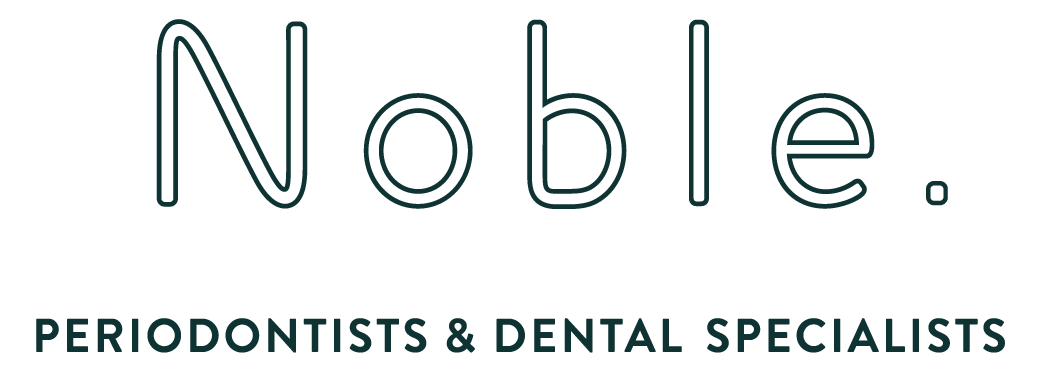What materials are used for dental implants?
What materials are used in modern dental implants and why?
Titanium dominates with over 95% market share due to its proven biocompatibility and strength, while zirconia offers a newer metal-free alternative. New Zealand practices primarily use Grade 4 commercially pure titanium or titanium alloy (Ti-6Al-4V) from established manufacturers with decades of clinical success.
Titanium's biocompatibility makes it the gold standard. The human body accepts titanium without rejection or allergic reaction. Osseointegration occurs naturally as bone cells grow directly onto the titanium surface. This creates a biological bond stronger than the original tooth root.
Grade 4 commercially pure titanium offers maximum biocompatibility. This soft, pure metal integrates excellently with bone. Many Auckland practices prefer this material for optimal healing, especially in compromised patients or challenging cases.
Titanium alloy (Ti-6Al-4V) provides superior strength. The addition of aluminum and vanadium creates a harder material better suited to high-stress situations. Back teeth and patients who grind their teeth benefit from this stronger option.
Surface treatments enhance integration speed. Modern implants feature specially textured surfaces that encourage faster bone growth. SLA (sandblasted, large-grit, acid-etched) surfaces are common on premium implants, reducing healing time from 6 months to 3-4 months.
Zirconia offers a metal-free alternative. This white ceramic material appeals to patients with metal sensitivities or aesthetic concerns. However, zirconia has a shorter track record and limited long-term data compared to titanium.
Crown materials vary based on location and preference. Porcelain-fused-to-metal offers strength and aesthetics for back teeth. All-ceramic crowns provide superior aesthetics for front teeth. Zirconia crowns combine strength and beauty for any location.
Abutment materials connect implants to crowns. Titanium abutments are standard for their proven compatibility. Zirconia abutments provide metal-free solutions for front teeth. Gold abutments resist corrosion in challenging oral environments.
Quality standards ensure safety and effectiveness. Auckland practices typically use FDA-approved and CE-marked implants from established manufacturers. These materials undergo extensive testing before clinical use.
Material selection affects long-term success. Premium materials cost more initially but provide better long-term results. Choose Auckland practitioners who use established brands with extensive research backing for optimal outcomes.
Related Questions:
Can I be allergic to dental implant materials? True titanium allergies are extremely rare, though some patients prefer zirconia for peace of mind.
Which material lasts longer? Titanium has the longest track record with 50+ years of clinical use, while zirconia is newer but showing promising results.
Are zirconia implants worth the extra cost? For patients with aesthetic concerns or metal sensitivity, zirconia may justify the premium despite limited long-term data.
